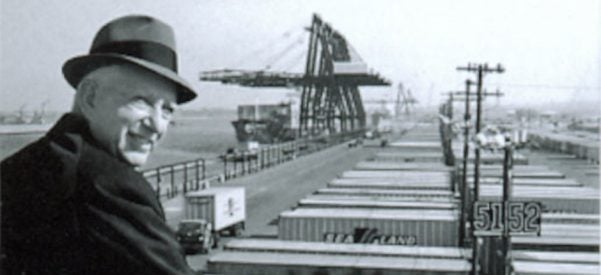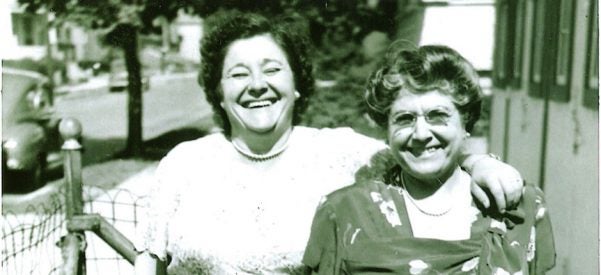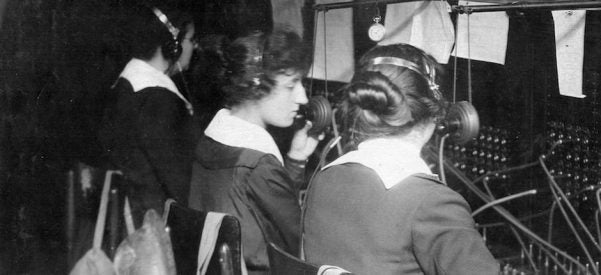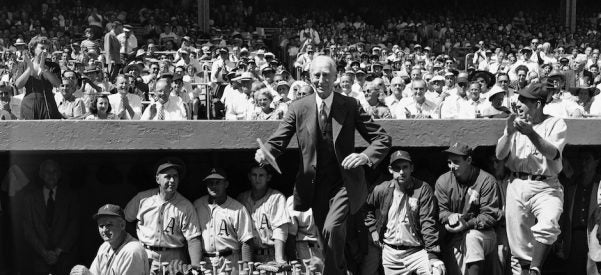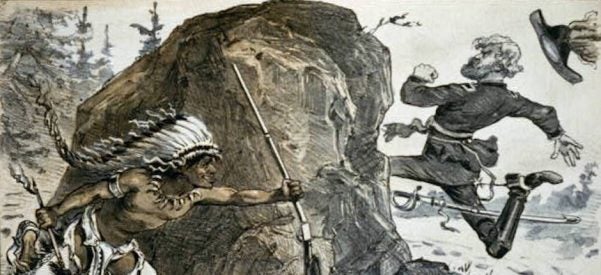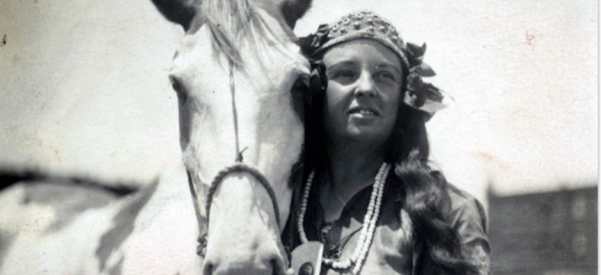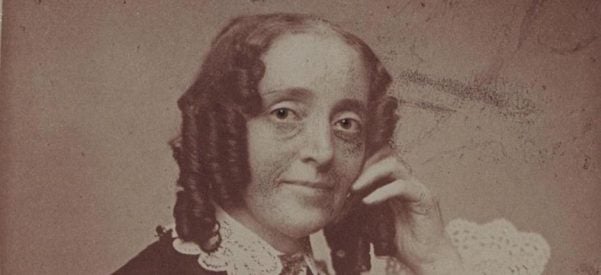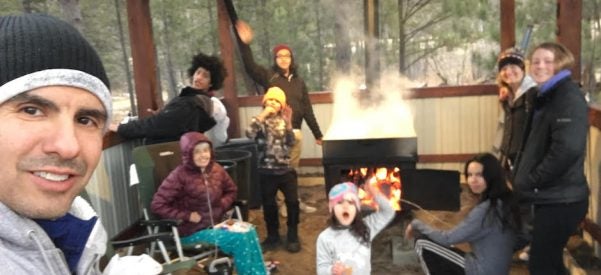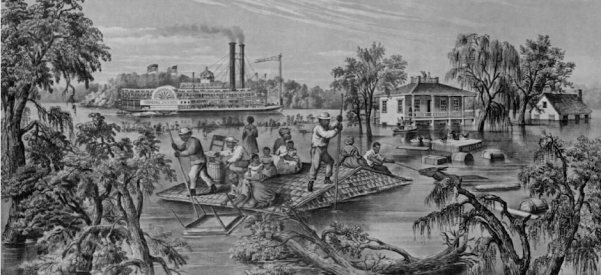The North Carolina Trucker Who Brought the World to America in a Box
How Malcom McLean's Shipping Containers Conquered the Global Economy by Land and Sea
On April 26, 1956, a crane lifted 58 aluminum truck bodies onto the deck of an aging tanker ship moored in Newark, New Jersey. Five days later, the Ideal-X sailed into Houston, Texas, where waiting trucks collected the containers for delivery to local factories and warehouses. From that modest beginning, the shipping container would become such a familiar part of the landscape that Americans would not think twice when they passed one on the highway, or saw one at the …


